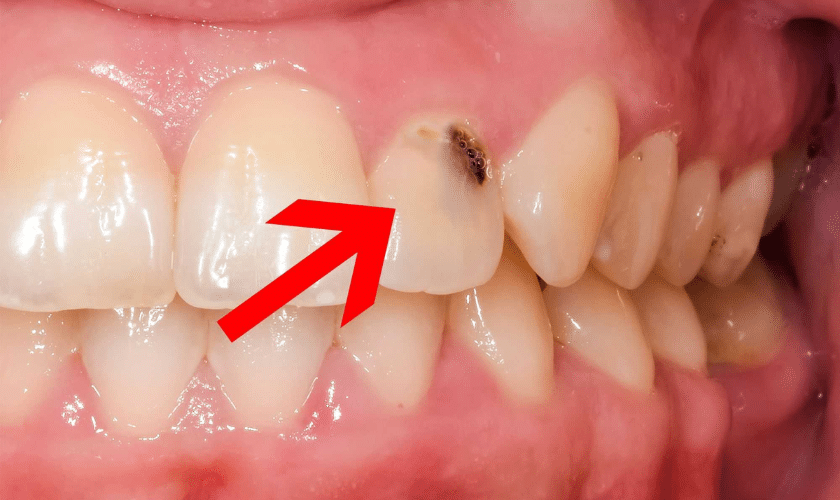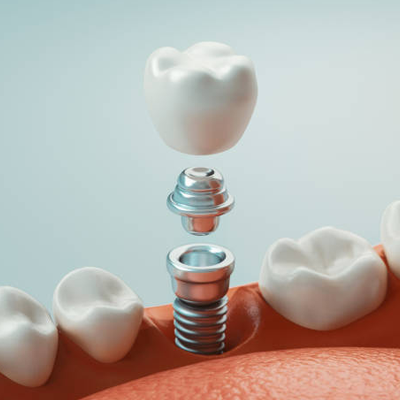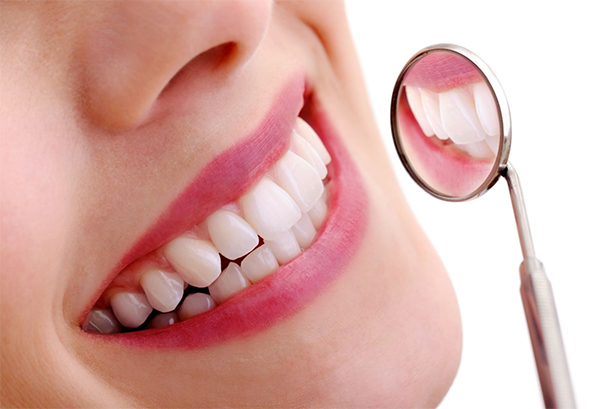
What Are Some Ways To Prevent Cavity Or Tooth Decay
Cavities, also known as tooth decay, are a common dental problem affecting people of all ages. They appear when bacterial plaque, a sticky film, accumulates on teeth. The strong outer covering of your teeth, known as tooth enamel, is eroded by the acid produced by these bacteria when they feed on the sweets in your diet. Over time, this erosion can lead to holes (cavities) in your teeth, causing pain, sensitivity, and even tooth loss if left untreated.
But the good news is, cavities are largely preventable! By adopting a healthy oral hygiene routine and making smart dietary choices, you can significantly reduce your risk of developing cavities and keep your smile healthy for years to come.
This comprehensive guide will equip you with all the knowledge and tools you need to prevent cavities. We’ll delve into the science behind tooth decay, explore effective prevention strategies, and provide valuable tips for maintaining excellent oral health.
Understanding Tooth Decay: The Battle Between Bacteria and Enamel
The human mouth is a teeming ecosystem of bacteria, both beneficial and harmful. When we consume sugary foods and drinks, these bacteria produce acids as a byproduct. These acids erode tooth enamel, the protective shell of your teeth.
Enamel is incredibly strong, but it’s not invincible. With consistent exposure to acid, the enamel starts to weaken, creating microscopic pores. These pores allow the acids to penetrate deeper, reaching the dentin, the softer layer beneath the enamel. This can cause sensitivity and discomfort, particularly when you consume hot, cold, or sweet foods and drinks.
If left unchecked, the decay process continues, eventually reaching the pulp, the innermost layer of your tooth containing nerves and blood vessels. This can lead to severe pain, infection, and even tooth loss.
Here’s a quick recap of the stages of tooth decay:
- Plaque Buildup: Bacteria in your mouth form a sticky film called plaque on the surface of your teeth. This plaque can be removed through proper brushing and flossing.
- Enamel Erosion: Plaque acids gradually erode tooth enamel, creating microscopic pores.
- Dentin Decay: The acids penetrate deeper, reaching the dentin layer, causing sensitivity.
- Pulp Damage: If left untreated, decay reaches the pulp, leading to severe pain and infection.
Prevent Cavity: Effective Strategies for a Healthy Smile
Now that we understand the process of tooth decay, let’s explore strategies to prevent it:
1. Brushing Basics: A Cornerstone of Prevent Cavity
Brushing your teeth twice a day, for at least two minutes each time, is a fundamental pillar of good oral hygiene. Here’s how to brush effectively:
- Choose the Right Toothbrush: Select a soft-bristled toothbrush that fits comfortably in your mouth and reaches all tooth surfaces.
- Fluoride Power: Use a toothpaste containing fluoride, a mineral that strengthens tooth enamel and helps prevent decay.
- Brushing Technique: Use a gentle, circular motion, brushing the front, back, and chewing surfaces of each tooth. Don’t forget your tongue to remove bacteria that contribute to bad breath.
- Angled Approach: Tilt the brush at a 45-degree angle to clean under the gum line, where plaque buildup is common.
2. Flossing: Reaching Beyond the Brush
Only brushing cannot reach into all the nooks and spaces between your teeth. Flossing once a day helps remove plaque and food particles from these tight spaces, preventing decay in areas inaccessible to your toothbrush.
Here are some flossing tips:
18 Inches is Key: Use a 18-inch piece of floss, wrapping it around your middle fingers for control.
- Gentle Guidance: Slide the floss gently between your teeth, using a sawing motion to remove plaque.
- Curving for Comfort: Curve the floss around each tooth to clean the sides of the tooth surfaces.
3. The Power of Fluoride: Your Best Friend for Prevent Cavity
Fluoride is a mineral proven to strengthen tooth enamel and reverse early signs of tooth decay. Here are the primary ways you can benefit from fluoride:
- Fluoridated Toothpaste: Brushing with fluoride toothpaste twice a day is an easy and effective way to incorporate fluoride into your routine.
- Community Water Fluoridation: Many public water supplies are fluoridated, providing a convenient source of fluoride for residents. If you’re unsure about your water source, consult your dentist or local water authority.
- Professional Fluoride Treatments: Your dentist may recommend professional fluoride treatments, especially for children or individuals at high risk of cavities.
4. Dietary Choices: Fueling Your Smile
- Limit Sugary Foods and Drinks: Sugar is the primary culprit in tooth decay. Your mouth’s bacteria produce acids that break down tooth enamel when they feed on sugar. Reduce your intake of sugary treats, candies, sodas, and processed juices. Opt for healthier alternatives like fruits, vegetables, and sugar-free drinks.
- Beware of Hidden Sugars: Many seemingly healthy foods and drinks harbor hidden sugars. Be mindful of labels and choose products with low or no added sugar.
- Starchy Culprits: While not as readily apparent as sugar, starchy foods like bread, pasta, and crackers can also contribute to tooth decay. These foods break down into sugars in your mouth, feeding plaque bacteria. Choose whole grains over refined varieties whenever possible, and practice good oral hygiene after consuming starchy meals.
- Calcium and Vitamin D Duo: Calcium is a crucial building block for strong teeth. Include dairy products, leafy green vegetables, and calcium-fortified foods in your diet. Vitamin D also plays a role in bone and tooth health. Consult your doctor to ensure you’re getting enough vitamin D through sunlight exposure or supplements.
5. Regular Dental Checkups: Early Detection is Key
Visiting your dentist for regular checkups and cleanings is essential for preventing cavities. Here’s why:
- Early Detection: Regular dental exams allow your dentist to identify early signs of decay before they become major problems.
- Professional Cleaning: A professional cleaning removes plaque and tartar buildup that brushing and flossing alone might miss.
- Personalized Guidance: Your dentist can assess your individual risk factors for cavities and recommend customized prevention strategies.
Schedule Regular Checkups with a Dentist in McKinney
For residents of McKinney, Texas, seeking exceptional dental care, look no further than Dentist in McKinney. Our team of experienced and compassionate dentists offers comprehensive preventive care, including regular checkups, cleanings, and fluoride treatments. We are dedicated to helping you maintain optimal oral health and prevent cavities for a lifetime of healthy smiles.
6. Kick the Bad Habits:
Certain habits can increase your risk of cavities. Here are some to avoid:
- Smoking and Tobacco Use: Smoking and chewing tobacco can weaken your immune system, making you more susceptible to gum disease and tooth decay.
- Frequent Snacking: Constantly snacking throughout the day exposes your teeth to a continuous barrage of acids. If you must snack, choose healthy options and brush afterward.
- Sipping on Sugary Drinks: Sipping sugary drinks throughout the day bathes your teeth in acid for extended periods, promoting decay. Opt for water instead.
- Dry Mouth: Saliva plays a crucial role in washing away food particles and neutralizing acids in your mouth. Certain medications or medical conditions can cause dry mouth. Talk to your doctor or dentist if you experience persistent dryness.
7. Embrace a Healthy Lifestyle:
Overall health and well-being are directly linked to oral health. Here are some lifestyle practices that can contribute to a healthy smile:
- Manage Stress: Chronic stress can weaken your immune system, making you more susceptible to oral health problems. Make use of stress-reduction techniques including yoga, meditation, and deep breathing.
- Get Enough Sleep: Adequate sleep is essential for overall health, including your oral health. When you sleep, your body produces more saliva, which helps wash away bacteria and prevent decay.
- Stay Hydrated: Drinking plenty of water throughout the day helps keep your mouth moist, flushes away food particles, and promotes saliva production.
By adopting these effective strategies and making smart choices, you can significantly reduce your risk of developing cavities and maintain a healthy smile for years to come. Remember, prevention is always better than cure. Consistent oral hygiene habits, a balanced diet, regular dental checkups, and a healthy lifestyle are the cornerstones of a bright and healthy smile.
Consult your dentist for personalized guidance on preventing cavities and maintaining optimal oral health. Together, you can create a winning strategy for a lifetime of smiles!







